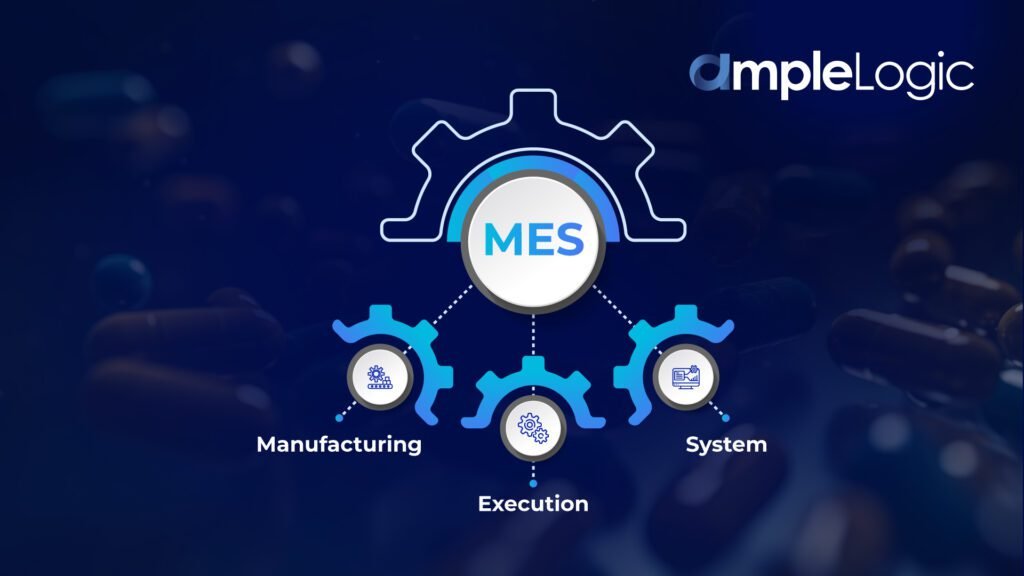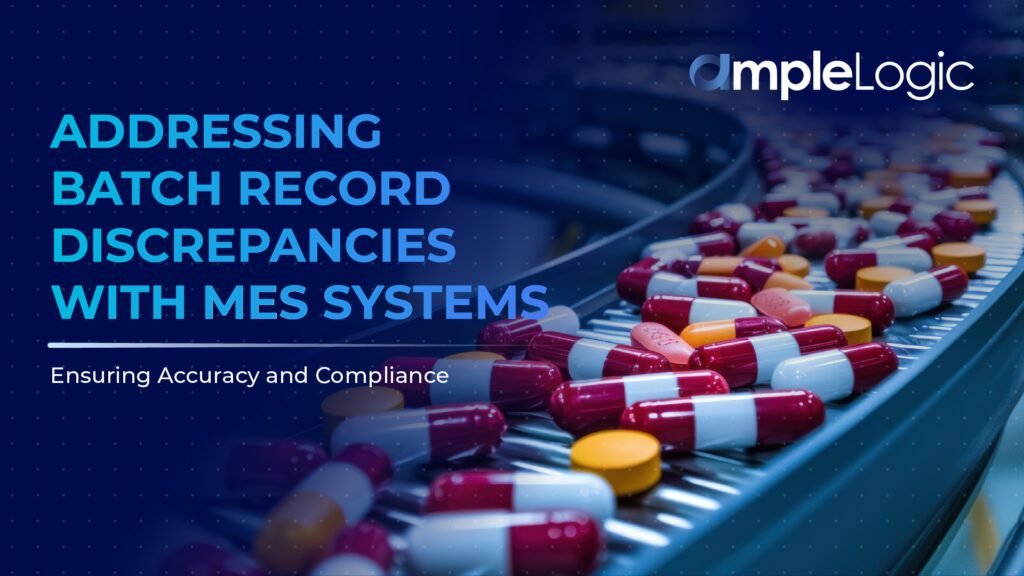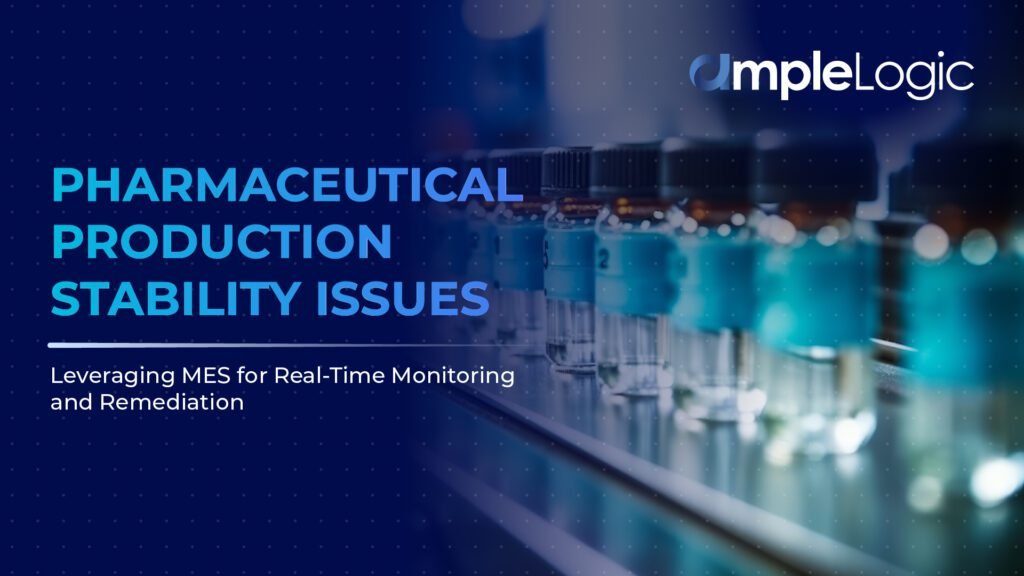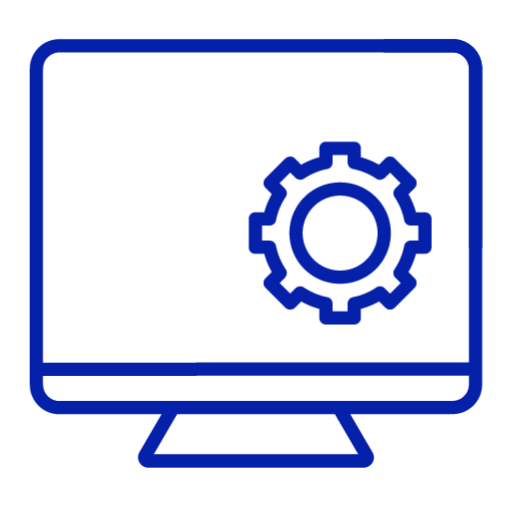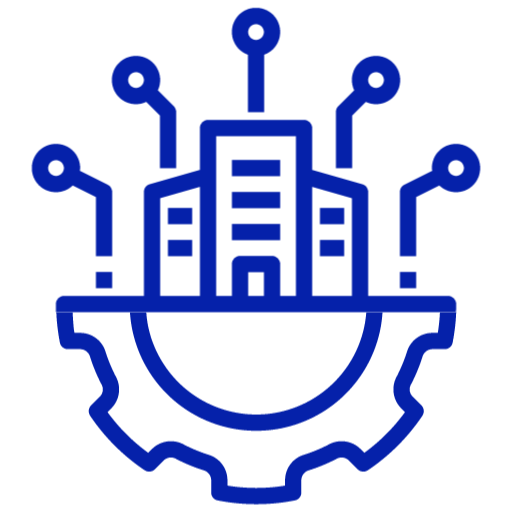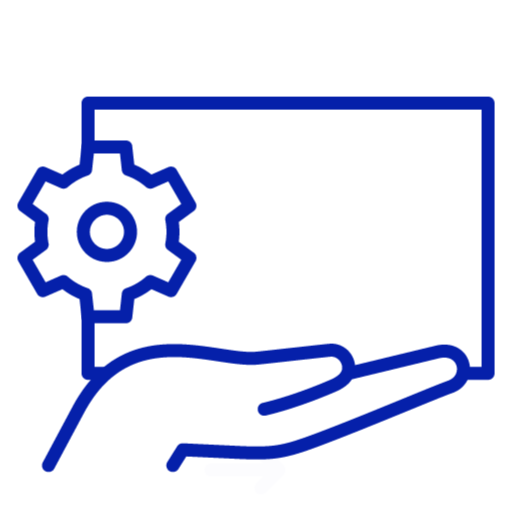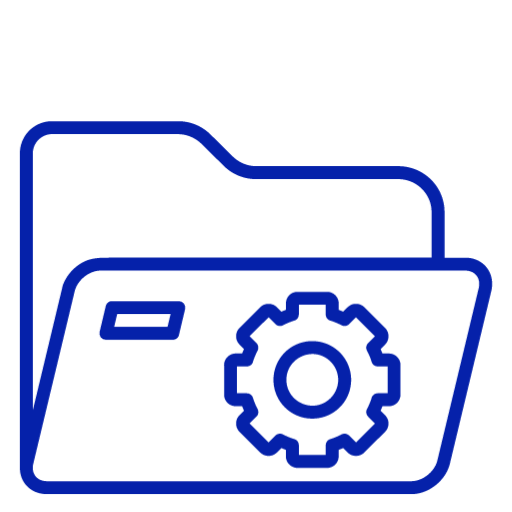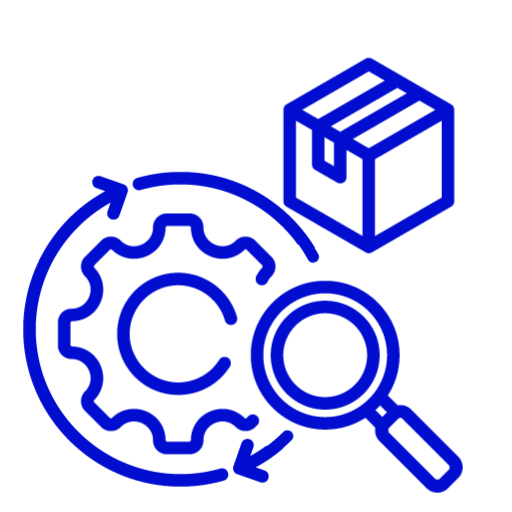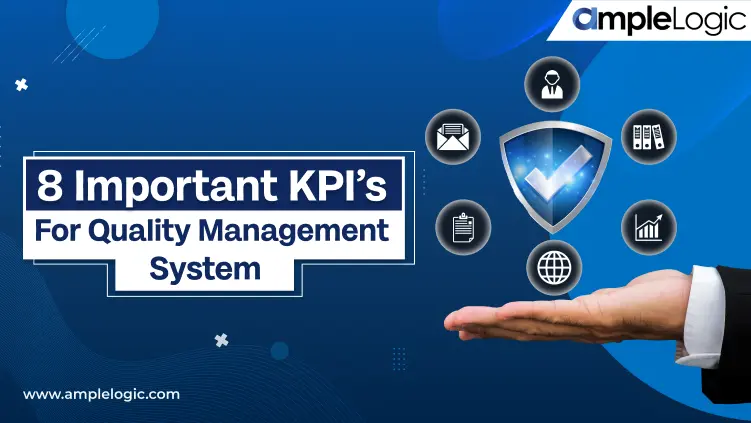
Key Performance Indicators (KPIs) are critical metrics that are used to measure the performance of a Quality Management System (QMS). They provide insight into how well the QMS is meeting its objectives and goals. By monitoring KPIs, organizations can identify areas for improvement, make informed decisions, and continuously improve the quality of their products or services. Some common KPIs used in QMS include customer satisfaction index, defect rate, on-time delivery, and process efficiency.
Here are 8 Important KPI’s for Quality Management System
1. Customer complaints
Customer complaints are an essential part of any Quality Management System (QMS). They provide valuable feedback about the organization’s products or services, which can be used to identify areas for improvement and prevent future customer complaints.
2. Customer Satisfaction Index (CSI)
The Customer Satisfaction Index (CSI) is a metric used to measure how satisfied customers are with a company’s products, services, or overall experience. CSI is expressed as a percentage, with 100% being the highest level of satisfaction.
3. Defect Rate
Defect rate is a metric used to measure the quality of products in the pharmaceutical industry. It refers to the percentage of defective products that do not meet the established quality standards. Defective products may pose a risk to patient safety or be ineffective in treating the intended disease.
4. Risk Management
Risk management is a critical process in the pharmaceutical industry that involves identifying, assessing, and mitigating risks associated with the development, manufacturing, and distribution of pharmaceutical products. The goal of risk management in pharma companies is to minimize the potential harm that could be caused to patients and users of the products.
5. Overdue issues
Overdue issues KPI is used to measure the efficiency and effectiveness of their operations. It refers to the number of tasks or activities that are not completed within the designated time frame or deadline.
6. Rework Costs
In pharmaceutical companies, rework costs can be a significant drain on resources. Rework refers to any activity that is performed after a product has been completed, in order to fix defects or improve quality. These activities can include reprocessing, repackaging, re-labelling, and more.
7. Supplier Quality
Supplier Quality Key KPI is a metric used to measure the quality and reliability of their suppliers. Suppliers play a critical role in the pharmaceutical industry as they provide raw materials, components, and services that are essential to the manufacturing and distribution of pharmaceutical products.
8. Warranty Claims Rate
Warranty Claims Rate KPI is used to measure the quality and reliability of their products. It refers to the percentage of products that are returned or repaired under warranty due to defects or failures.



